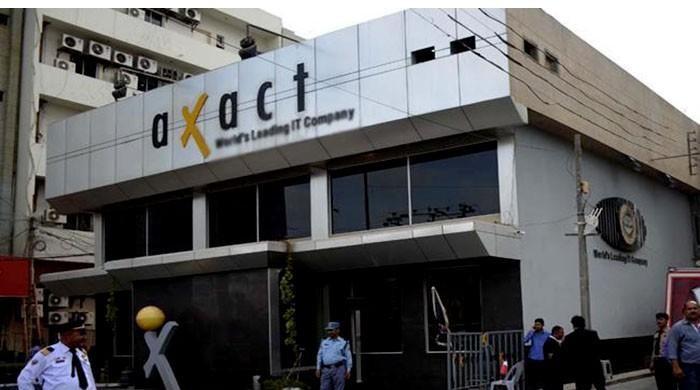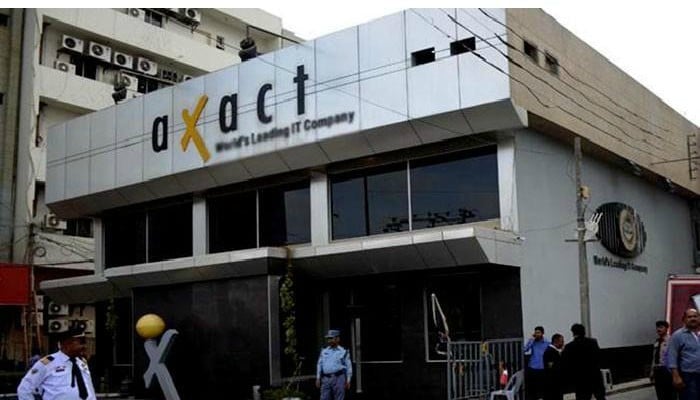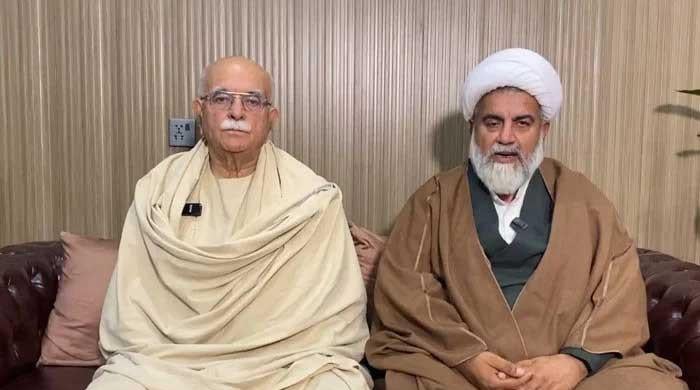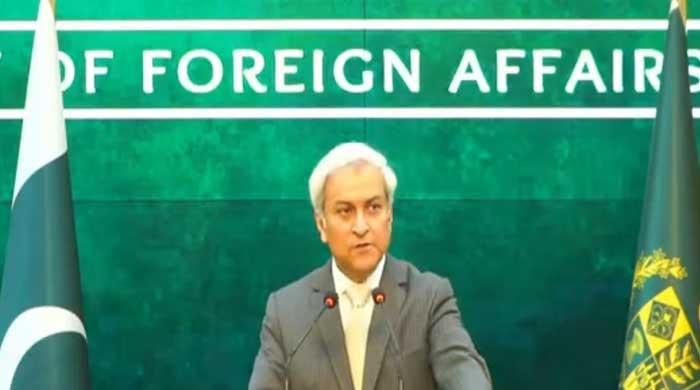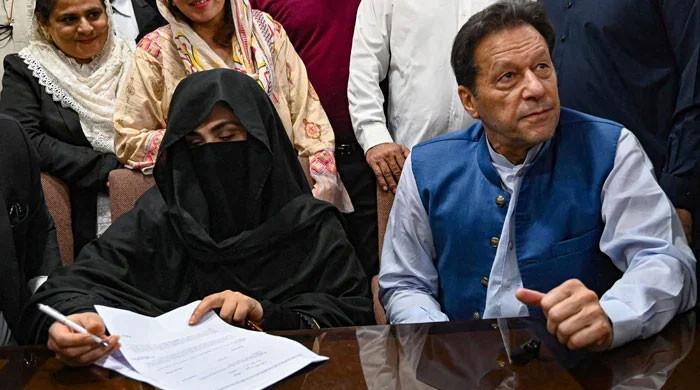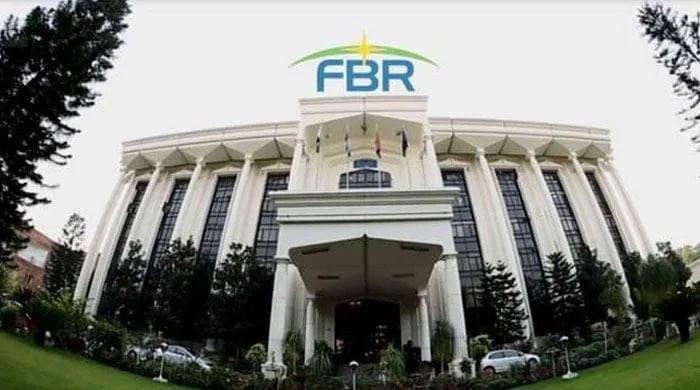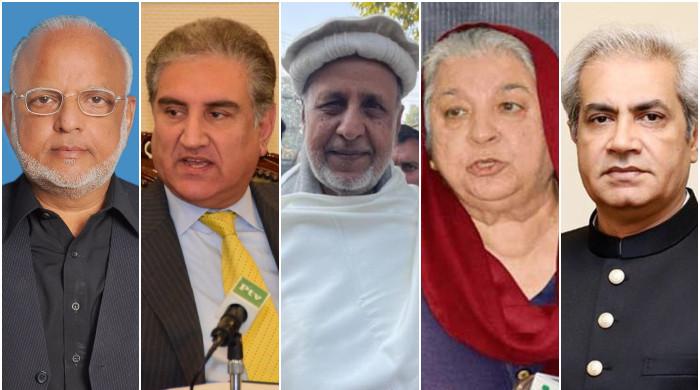Axact sold fake degrees to thousands of UK citizens: BBC
One British citizen spent as much as £500,000 on bogus documents from Axact, says BBC report
January 16, 2018
Thousands of UK nationals have bought fake degrees from the Pakistani fake diploma mill Axact, according to a report by the British Broadcasting Service (BBC) on Tuesday.
The investigation by the BBC Radio 4's File on Four programme found that fake degrees were bought by National Health Service (NHS) consultants, nurses, and a large defence contractor in the UK, with one British citizen spending as much as £500,000 on bogus documents.
According to the BBC, more than 3,000 fake Axact degrees were sold to UK-based buyers in 2013 and 2014, including master's degrees, doctorates, and PhDs.
The UK buyers included a consultant at a London teaching hospital who purchased a degree in internal medicine from the fake Belford University in 2007. A defence contractor, FB Heliservices, got seven of its employees, including two helicopter pilots, fake degrees from Axact between 2013 and 2015.
The company has now branched out into extortion and blackmail, former FBI agent Allen Ezell, who has been investigating Axact since the 1980s, told the BBC.
A British engineer based in Saudi Arabia is still receiving threatening calls from Axact agents after paying nearly £500,000 for fake documents, said the BBC.
In response to the BBC investigation, the UK's Department for Education said it was taking "decisive action to crack down on degree fraud" that "cheats genuine learners".
Axact claims to be the "world's largest IT company", and operates hundreds of fake online universities run by agents from a Karachi call centre. In 2015, it sold more than 215,000 fake qualifications globally through approximately 350 fictitious high schools and universities, making $51m (£37.5m) that year alone.
Axact's chief executive was arrested and an investigation launched by the Pakistani authorities after a New York Times expose in 2015. A senior manager of the company, Umair Hamid, was sentenced to 21 months in a US prison in August 2017 for his part in Axact's fraud.
The BBC said Axact did not respond to a request for an interview.
